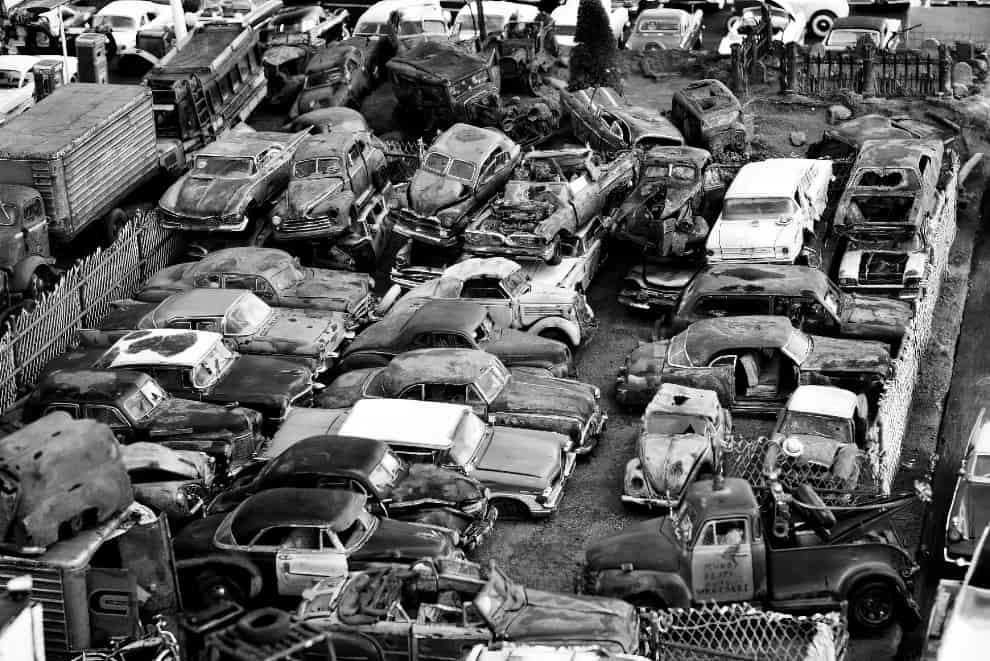
Car junk yards, also known as auto salvage yards or scrap yards, have a long history. Once seen as the final resting places for unwanted vehicles, they have now become important hubs for recycling and repurposing car parts.
h/t: vintag.es
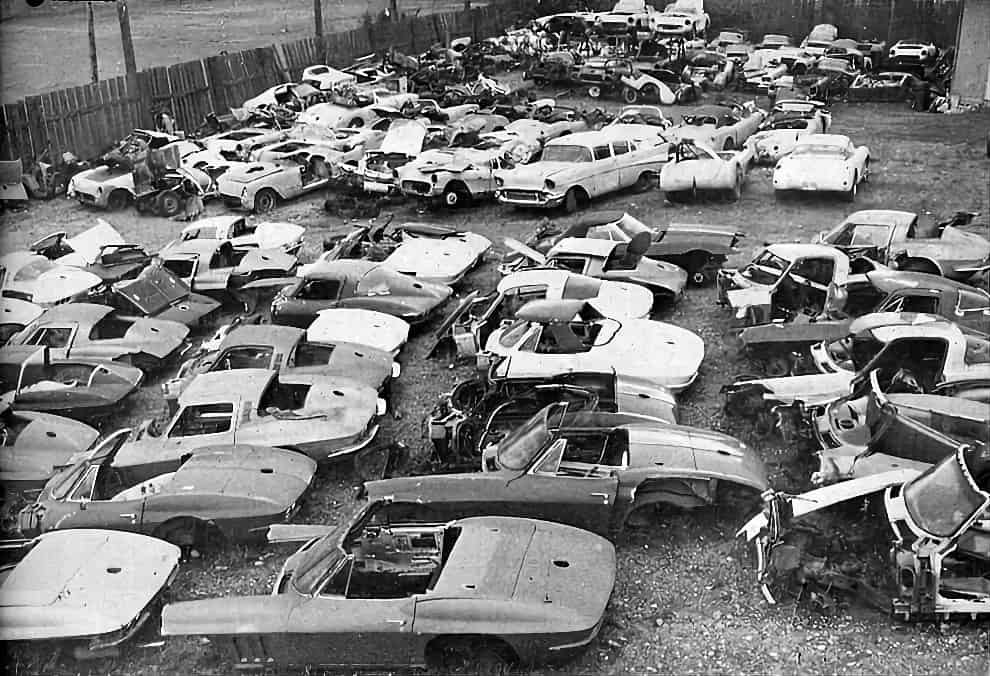
In the 20th century, car junk yards emerged as collection points for wrecked and abandoned vehicles, serving as repositories for salvaging usable parts and recycling materials such as metal, glass, and rubber. During this era, prioritizing profit from scrap metal sales overshadowed environmental concerns.
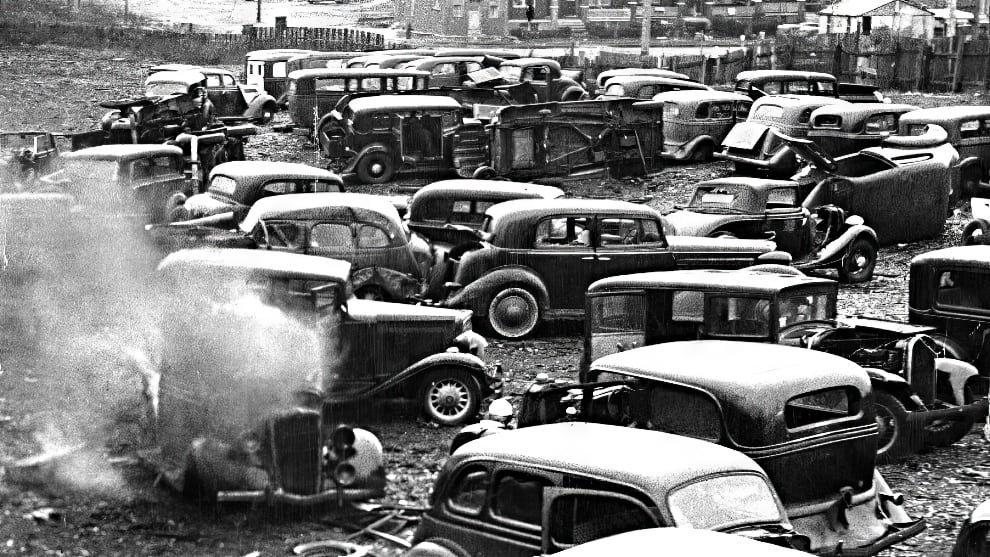
The automobile industry’s rapid growth led to the rise of specialized auto salvage yards, meeting the increased demand for spare parts. These yards salvaged parts from wrecked vehicles and also bought and sold used cars, offering an affordable option for cost-effective repairs.
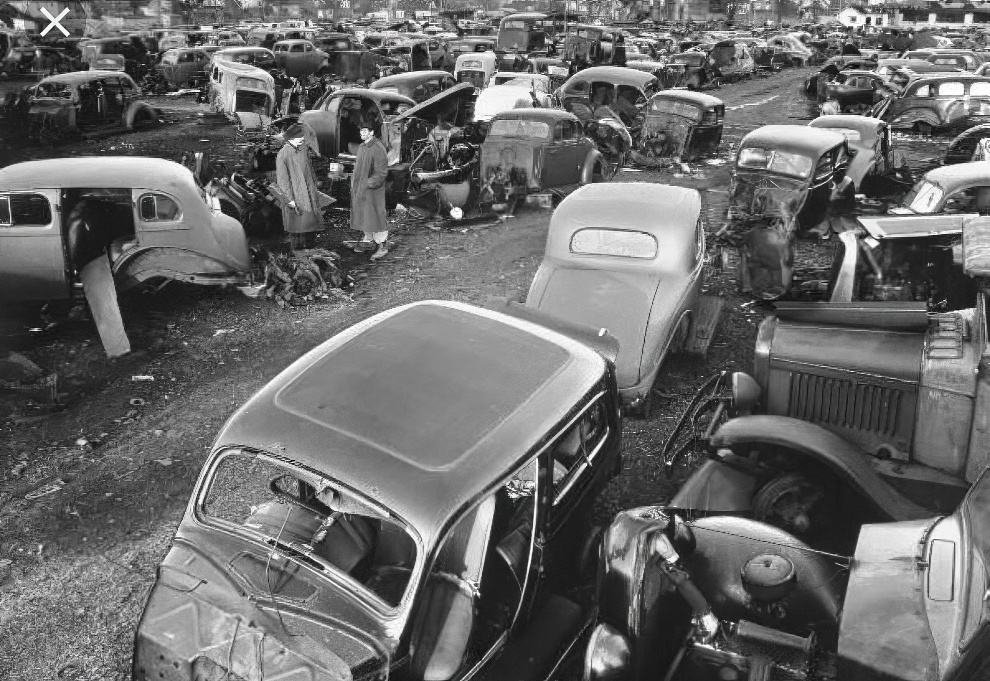
In recent decades, sustainability and environmental consciousness have transformed car junk yards. Junk car services in Raleigh, TN, and nationwide now prioritize recycling and waste reduction. They strictly follow regulations and industry best practices to ensure the safe disposal of hazardous materials and promote responsible dismantling and recycling processes.
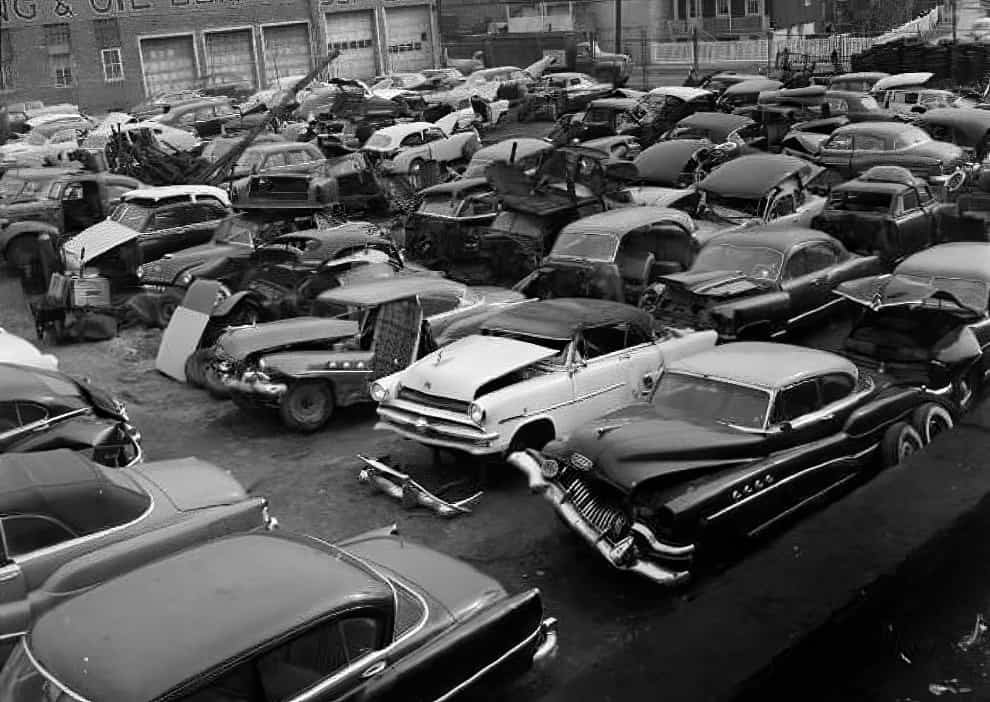
Car junk yards are now essential contributors to the circular economy, with a primary focus on recycling and repurposing automotive components. Reusable parts are carefully extracted, cataloged, and made readily available to consumers, reducing the need for new parts and minimizing the environmental impact of manufacturing.
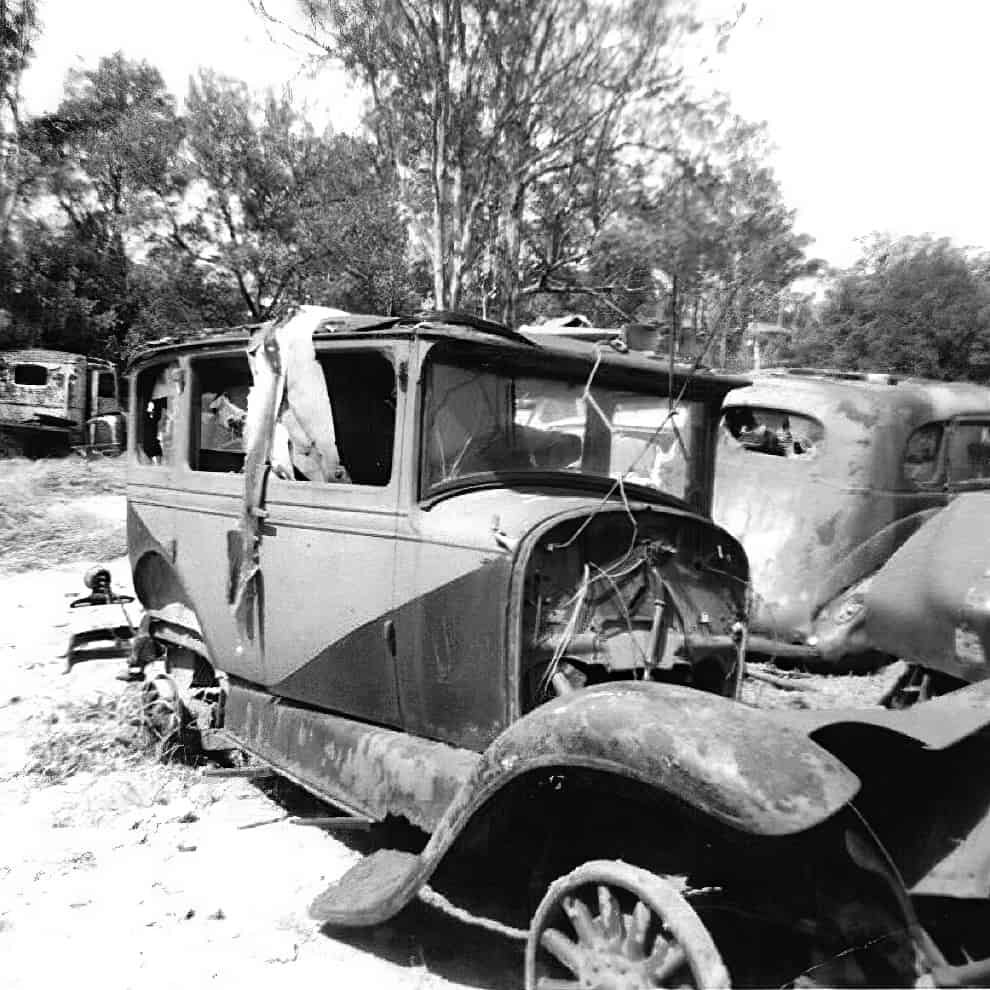
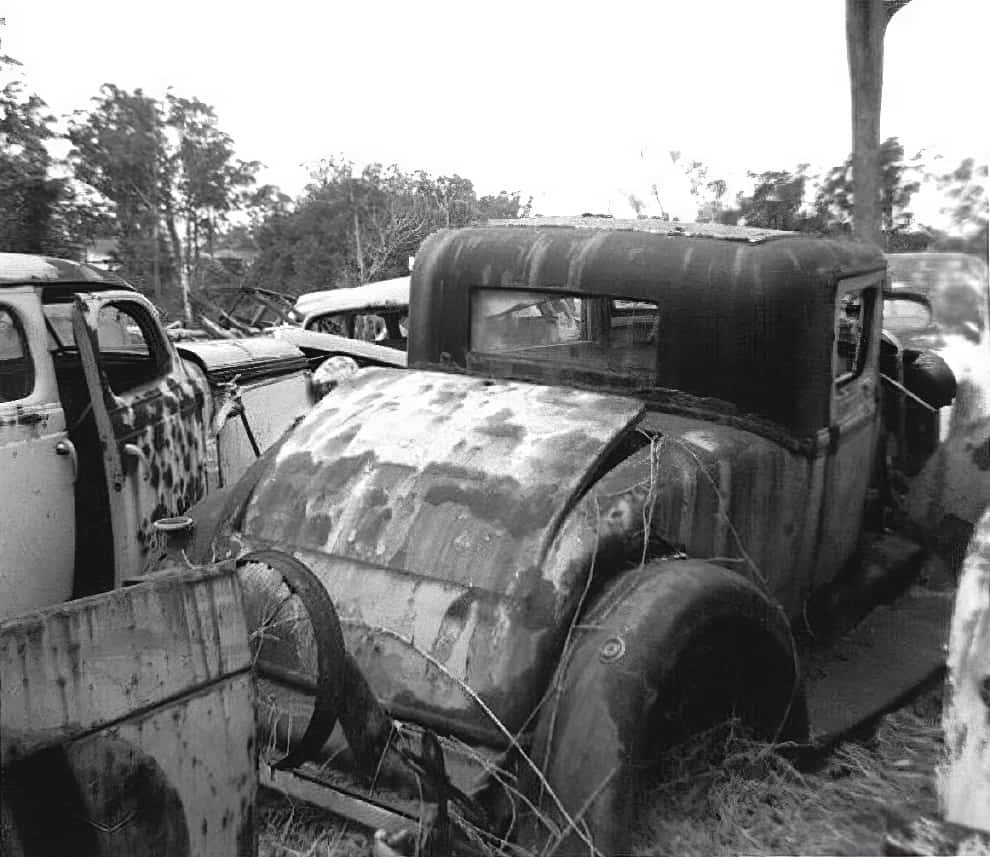
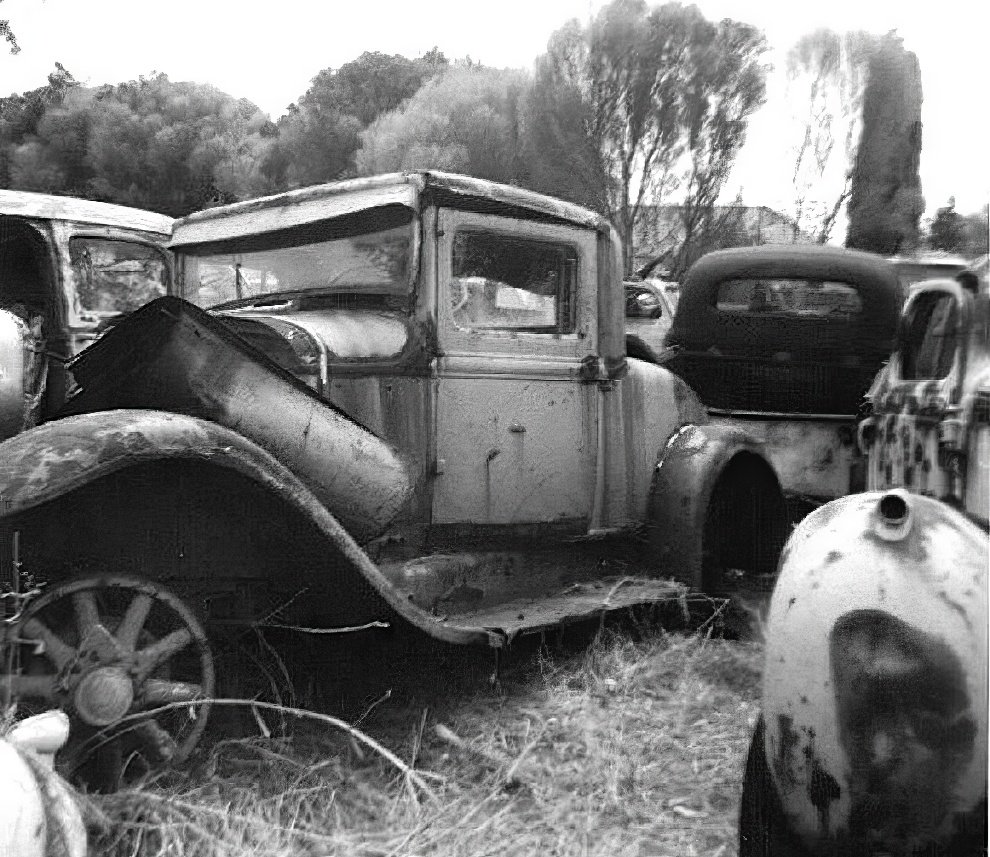
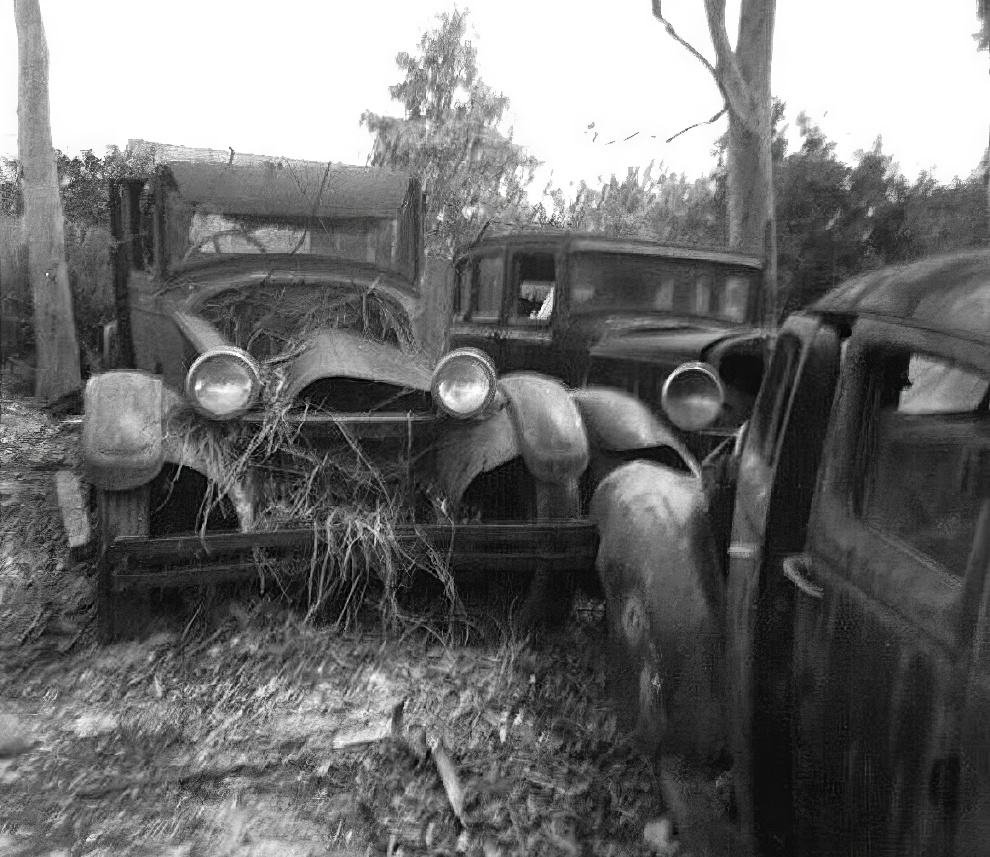
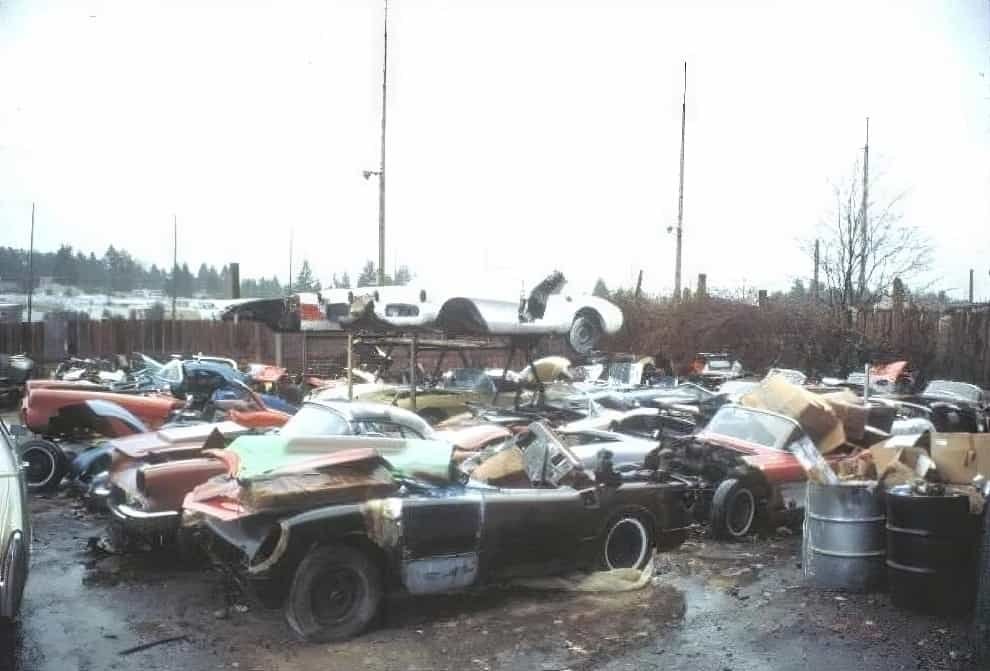
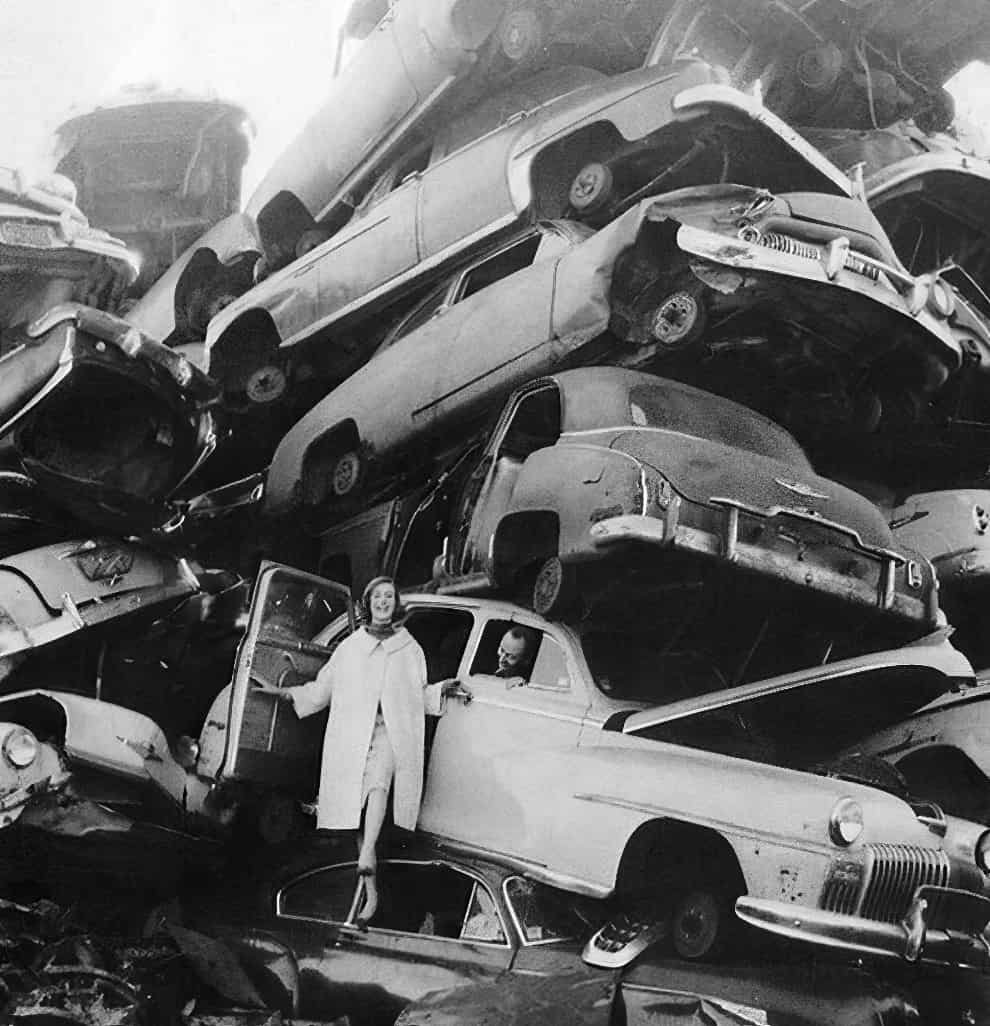
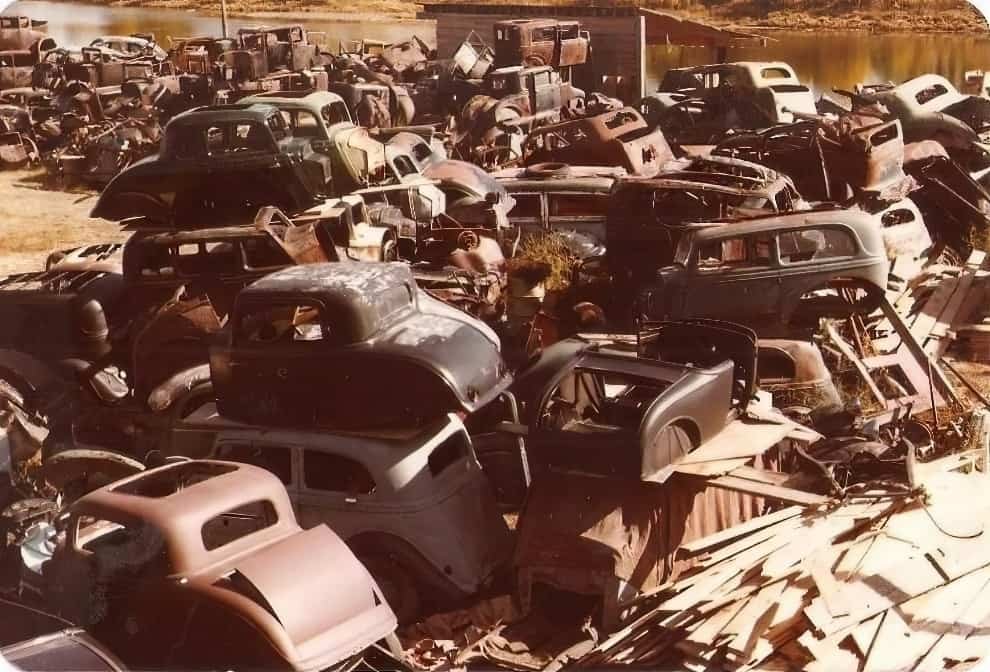
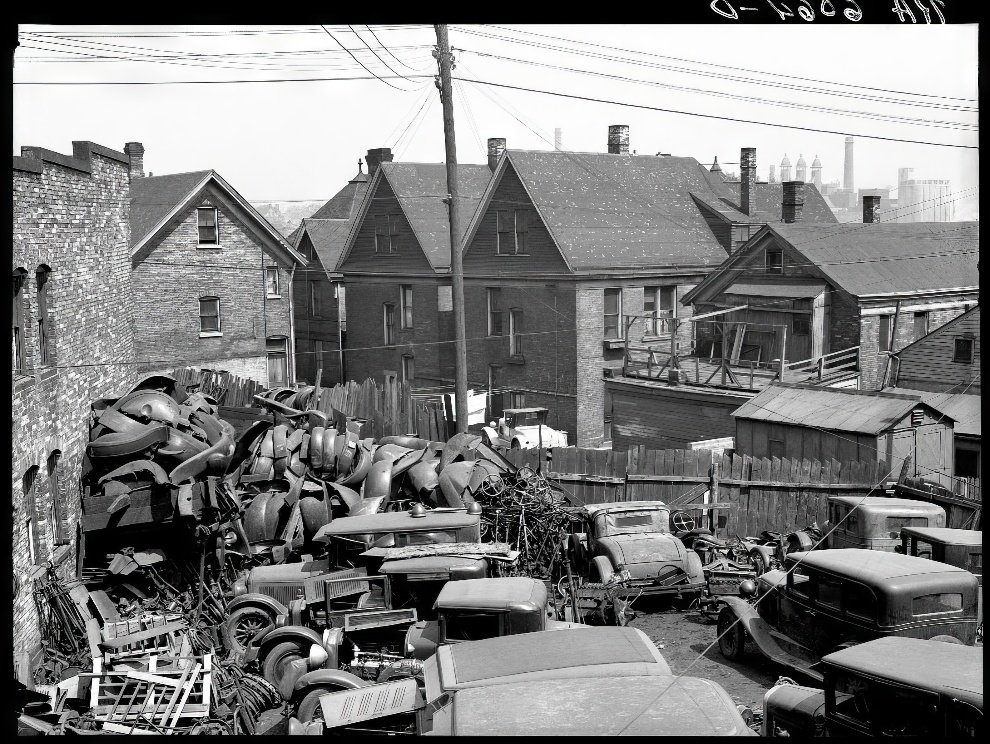
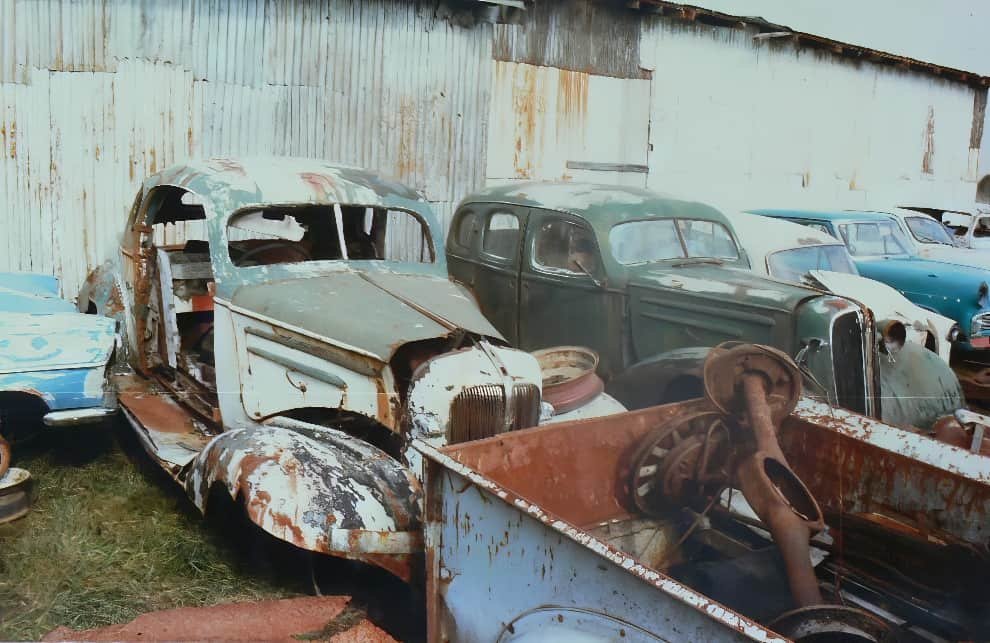
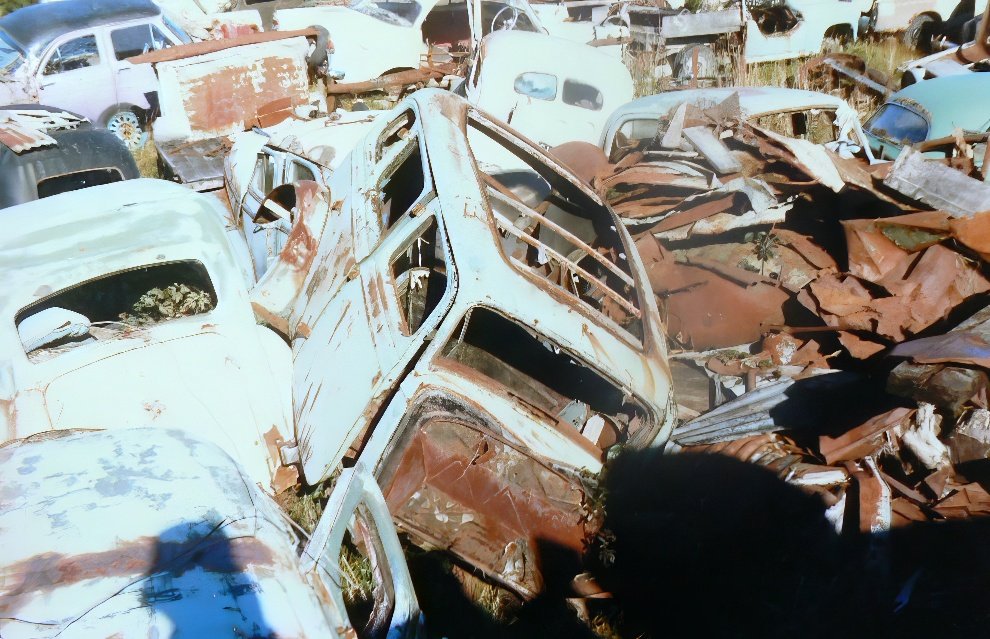
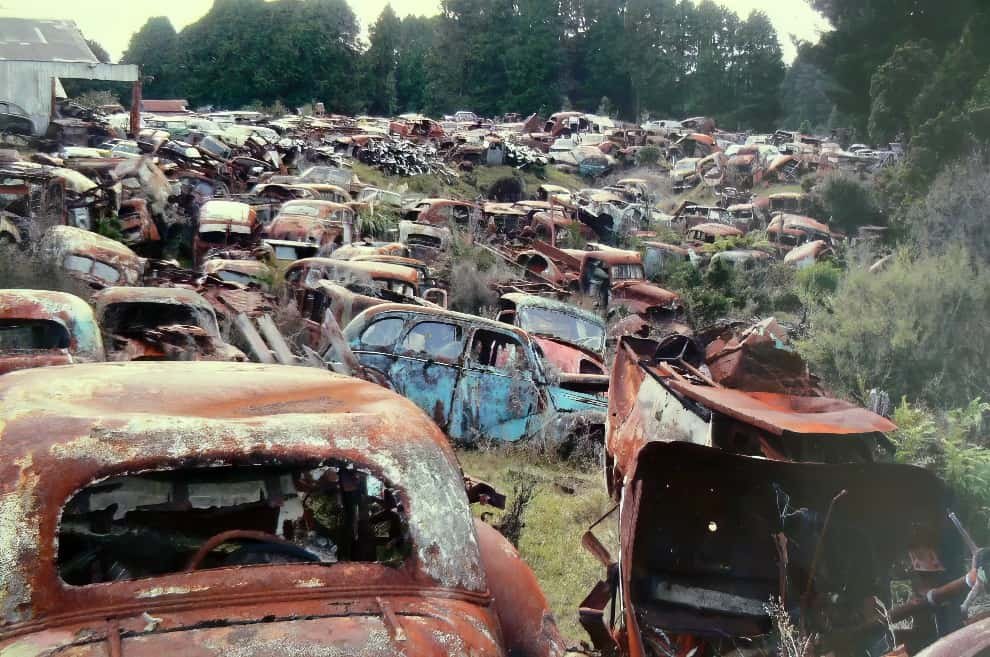
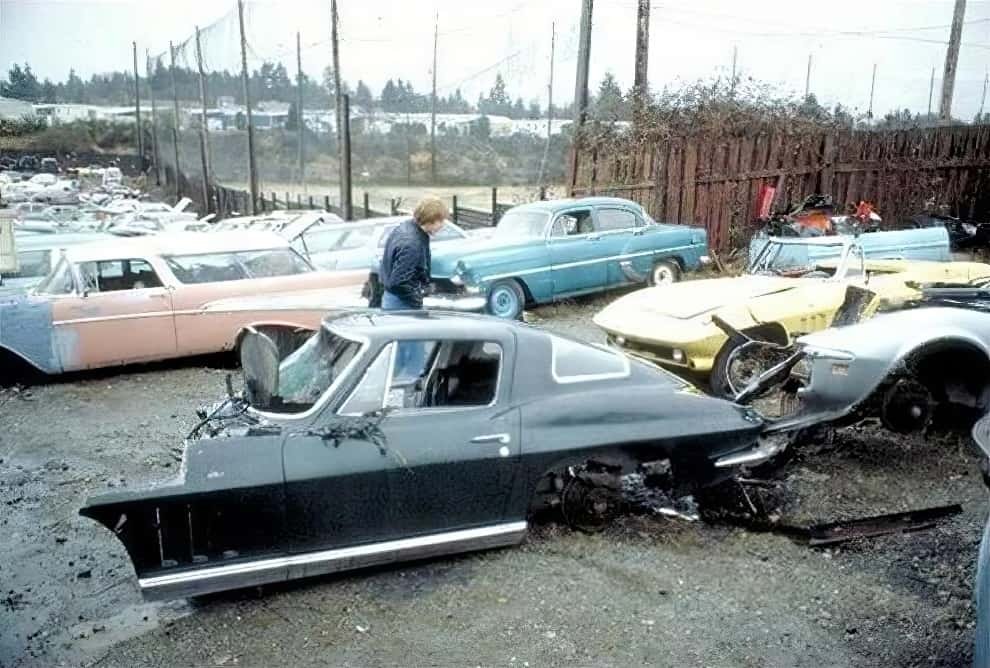
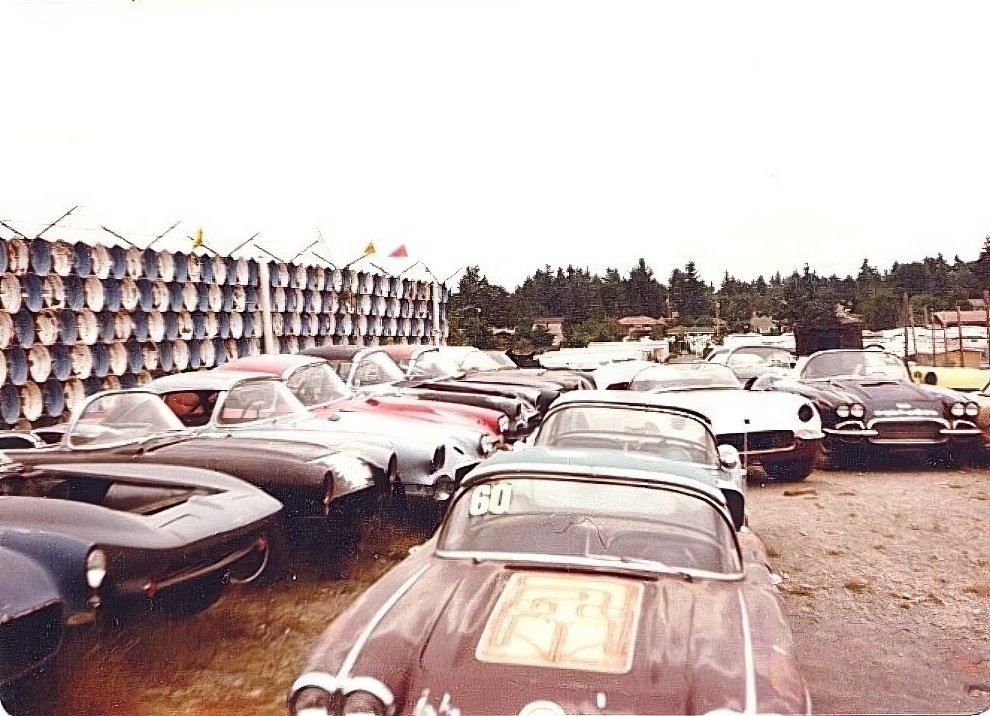
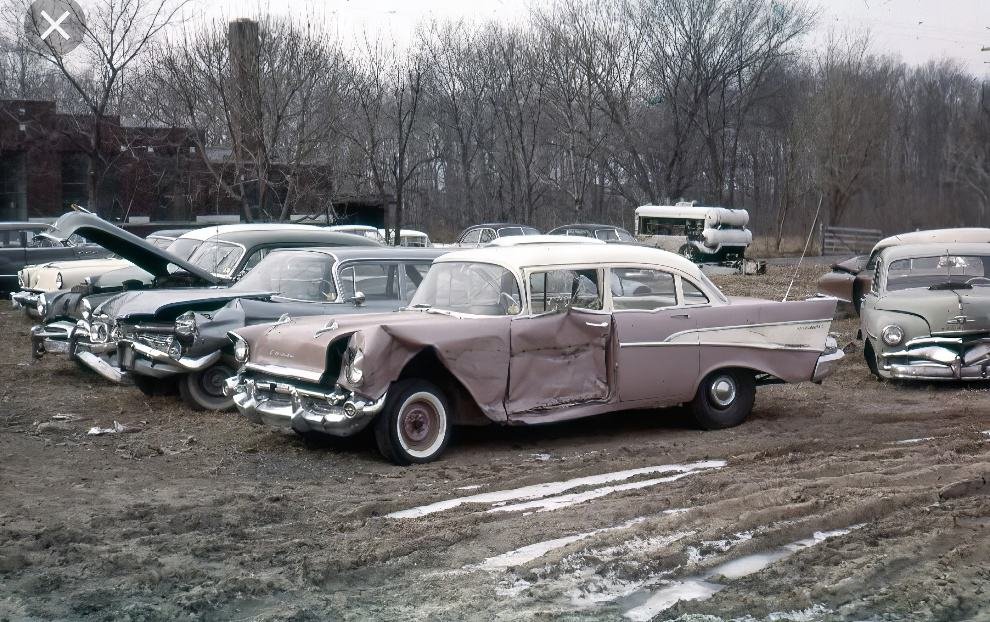
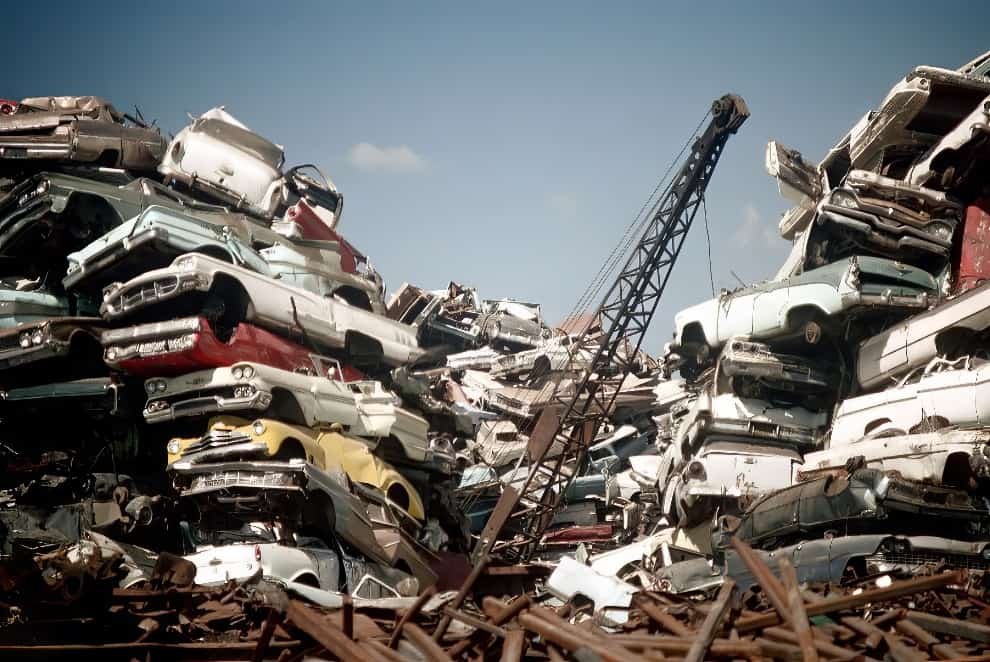
 Ad: Check out Wordgag’s funny quotes
Ad: Check out Wordgag’s funny quotes 





